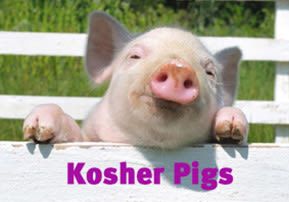
Kosher Pigs
Are we living our lives as 'kosher pigs', obsessed with all the external trappings of Judaism and looking down our noses at Jews who aren't as 'frum' as we are?

There's a Midrash which tells the story of how the Jews in the besieged city of Jerusalem continued to offer up the daily lamb for sacrifice in the temple, even when the food ran out and people began to starve to death in their hundreds.
The Jews would bribe the besieging Roman army with a small fortune every day, to give them a kosher lamb to sacrifice, which the Romans would send up in a basket.
One day, the Romans decided to send up a pig, instead. That pig stuck it's hooves in the wall while it was on the way up, and squealed a squeal that shook the country to its foundation.
Rav Shalom Arush repeats again and again and again that Torah is not just a collection of 'cute' or 'informative' stories, or historical information. It's about you and me. Our lives. Today.
The pig is an interesting animal: on the outside, it looks as though it's 'kosher', because it has split hooves, which is one of the key identifying signs for a kosher animal. The other sign is internal – that an animal chews it cud – which the pig doesn't do.
But from the outside, there's no way of knowing that. You'd have to observe its behaviour for a while, you'd have to see all the rubbish it eats, all the dirty places it gets into, to understand that this animal is not chewing cud all day. Or even more simply, you could cut it open, 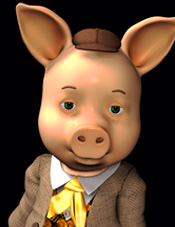 have a look at its insides, and see that nope, this pig is not a kosher animal.
have a look at its insides, and see that nope, this pig is not a kosher animal.
But all these things take a lot of effort. They take a lot of determination. They take a lot of observation, patience and thought – all things that our 'instant gratification' generation is not known for.
In the book of Daniel, Daniel the prophet has a vision related to the four exiles the Jewish people were destined to experience and suffer through. He saw four immense beasts coming out of the sea, one after the other. The first, a lion, represented the Babylonian empire, which was then conquered by the Persians, represented in Daniel's dream by a bear. The third animal was a four-headed leopard, which represented Greece.
And the last beast: the last beast was so terrifying, awesome and strong, that it disturbed the prophet Daniel immensely. It was completely unlike the three that had preceded it, and its defining feature was a small horn, with human eyes and a mouth, that was speaking 'haughty' words.
That 'beast' was the Roman empire, or Edom, that began the exile 2,000 years ago that the Jewish people are still in.
All very nice. What does this have to do with us, today?
Rav Erez Moshe Doron explains it very nicely, that the 'characteristic' of that fourth, terrifying, beast was arrogance. Unlike the three beasts that went before it, who had a distinct form, a distinct time and a distinct place, the fourth exile was not 'fixed' to a time when the Romans ruled the world.
The fourth exile is a state of mind, not a place. And for as long as we Jews stay 'stuck' in that state of mind, we will continue to give strength to our enemies, and delay our redemption.
Back to the pig.
When the pig stuck its (kosher) hooves and squealed, what was it really doing? It was sending a message that you don't have to look at what's going on inside!!! I'm kosher! I have the Borsolino! I only eat glatt! I give a lot of charity and I learn a lot of Torah! I'm a great Jew!
And if you were living your life on a superficial 'Edomite' level, it sounds like such a convincing argument.
But it's not a kosher way life at all.
Not only is it not kosher, all the noise that pig made about 'how kosher' it was cracked the defenses of our Holy Temple.
Why?
Because it was all show, and no substance. It had all the 'outer' external signs, and it was shouting the house down about how great, and how 'perfect' and how holy it was.
But the inside? The inside was full of filth. Go and google what a pig eats, and you'll understand why it's considered to be such an unclean animal.
And us? Are we living our lives as 'kosher pigs', obsessed with all the external trappings of yiddishkeit and looking down our noses at Jews who aren't as 'frum' or as 'good' as we are?
Are we walking around, spouting arrogant nonsense and 'haughty words' which make us look good, and everyone else sound so bad?
Or do we appreciate that the inside needs a lot of work, before we can even hope to call ourselves 'kosher'?
In English, we say that an animal that chews the cud is a 'ruminant'. When you ruminate, it means that you think long and hard about things; you chew them over; you keep going through it, until everything is thoroughly broken down, and you have a very clear understanding of what's going on.
Hitbodedut,or personal prayer, is how a Jew 'ruminates' on their life; on their middot; on their direction. It's how we separate the good from the bad; the pure from the impure; the clarity from the confusion.
A Jew without hitbodedut, without all that spiritual 'rumination' is a kosher pig. And if all we are sending up to G-d atone for us is 'kosher' pigs, no wonder we've been stuck in exile, without a temple, for so long.






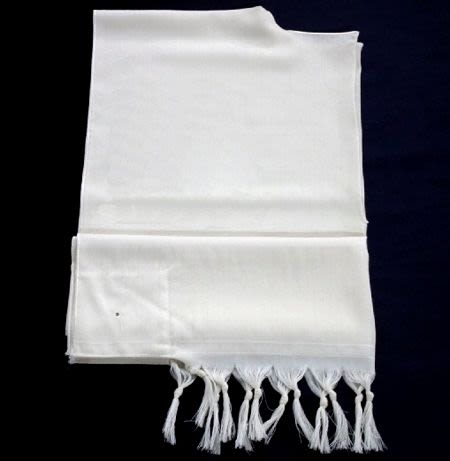
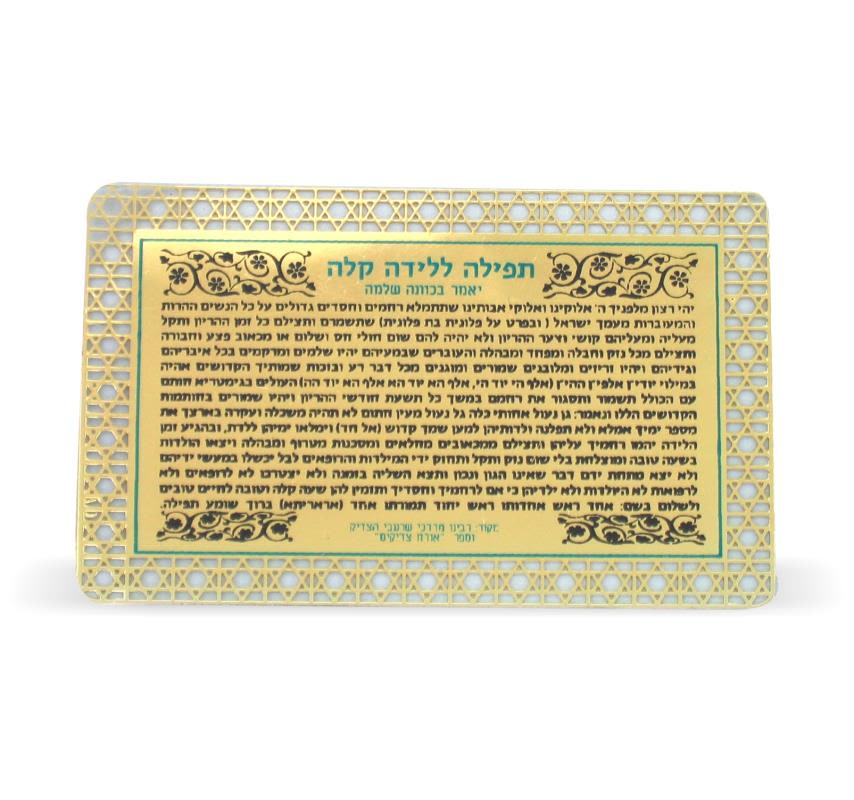

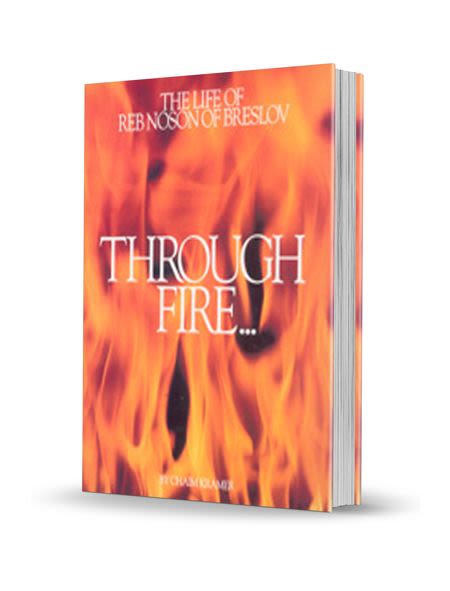
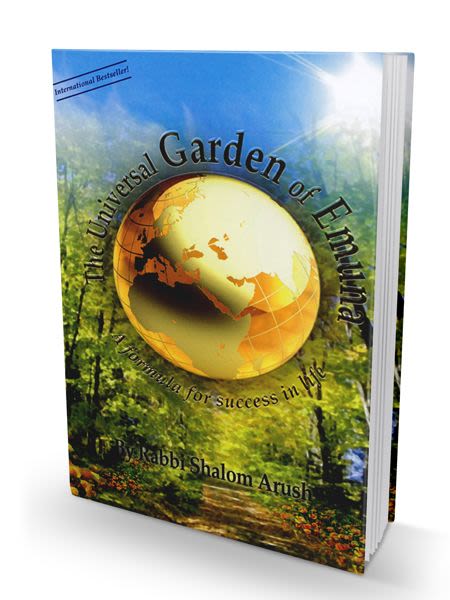
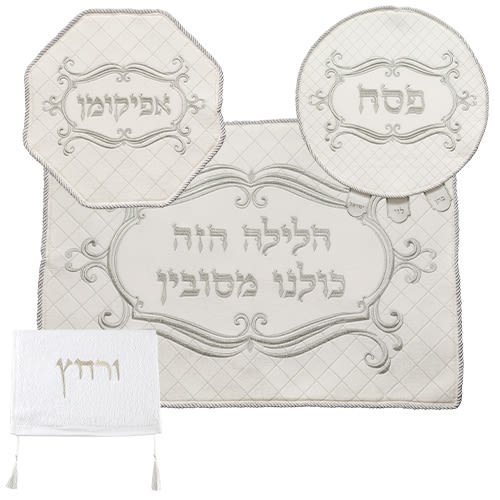
Tell us what you think!
Thank you for your comment!
It will be published after approval by the Editor.